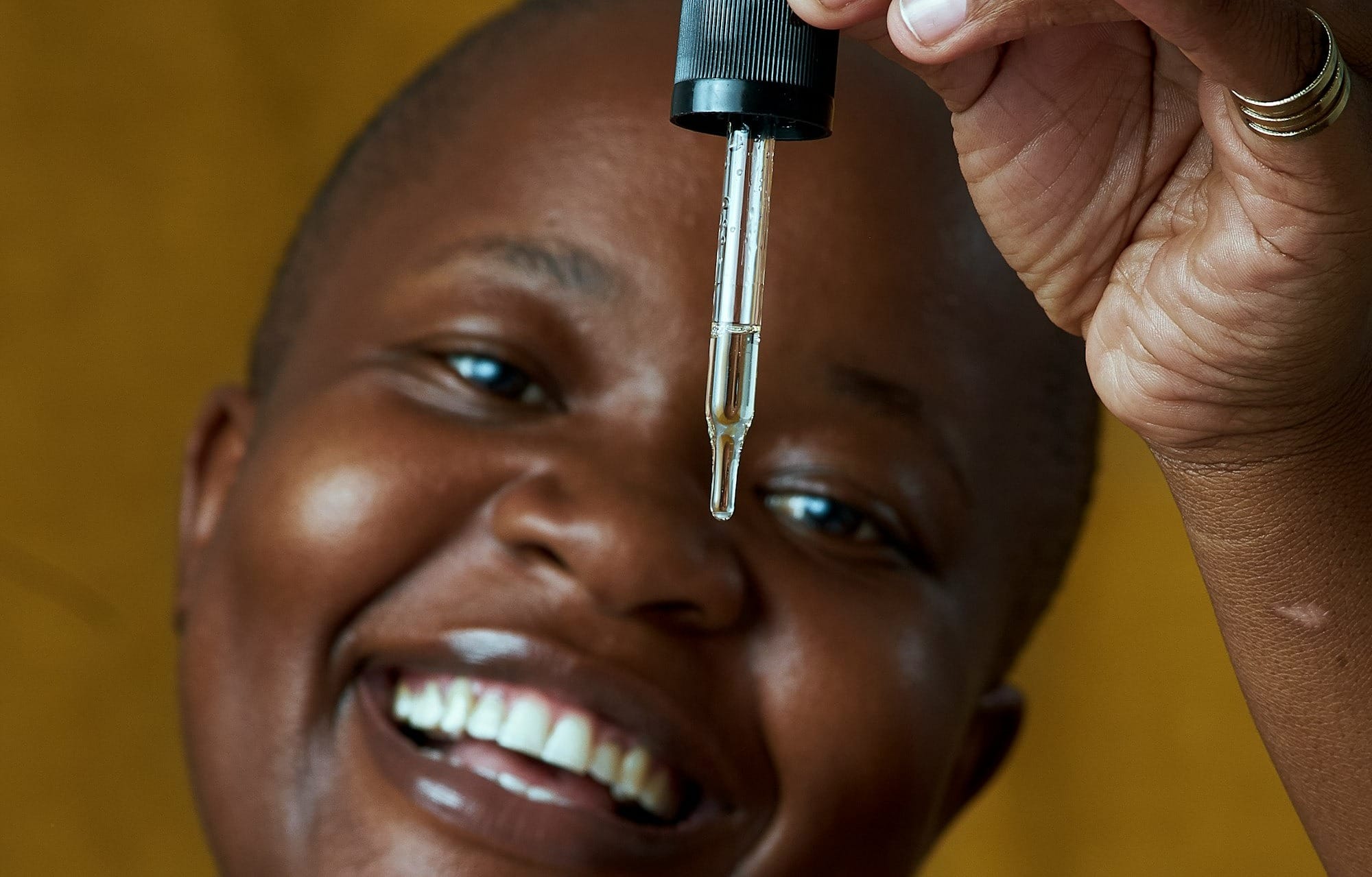Scalp psoriasis is a condition that impacts many individuals worldwide, causing discomfort and affecting the skin on the scalp. It can lead to the formation of red, raised patches of skin covered with silvery scales, which can be itchy and sometimes painful. Unlike dandruff, which is purely a cosmetic issue, scalp psoriasis is a chronic autoimmune condition that requires targeted treatment to manage symptoms and prevent flare-ups.
Common Triggers for Scalp Psoriasis
Managing scalp psoriasis begins with identifying and avoiding triggers that can worsen symptoms. Though the exact cause of psoriasis is not fully understood, various factors are known to trigger flare-ups in those susceptible to the condition:
- Stress: Emotional stress is a common trigger for scalp psoriasis. During periods of high stress, the immune system can overreact, leading to inflammation and a psoriasis flare-up. Managing stress through relaxation techniques or therapy can significantly reduce the frequency of flare-ups.
- Infections: Infections, particularly those caused by strep throat or other upper respiratory issues, can initiate or worsen scalp psoriasis. Treating these infections promptly can help mitigate their effects on psoriasis symptoms.
- Cold Weather: Dry and cold weather can strip the scalp of moisture, leading to irritation and inflammation. Using moisturizers and humidifiers during colder months can help keep the skin hydrated and reduce the likelihood of flare-ups.
- Certain Medications: Some medications, such as lithium or beta-blockers, are known to trigger psoriasis. If you notice flare-ups coinciding with the use of certain medications, consult your healthcare provider for alternative treatment options.
- Harsh Hair Products: Certain hair dyes, shampoos, and styling products can irritate the scalp and trigger psoriasis. Opting for gentle, sulfate-free shampoos and avoiding excessive use of chemicals can help protect the sensitive skin on the scalp.
- Diet and Lifestyle: While research is ongoing, some studies suggest that diet and lifestyle factors, such as alcohol consumption, may exacerbate psoriasis. Eating a balanced diet rich in anti-inflammatory foods and limiting alcohol intake may help control flare-ups.

Effective Treatments for Scalp Psoriasis
While there is no cure for scalp psoriasis, several treatments are available that can help manage symptoms, reduce inflammation, and minimize discomfort. These treatments range from topical solutions to more advanced options like injections.
- Medicated Shampoos and Topical Treatments: For mild to moderate scalp psoriasis, medicated shampoos containing ingredients like salicylic acid or coal tar are often recommended. These ingredients help to soften and remove scales, reducing irritation and promoting healing. Topical corticosteroids are another common treatment, available in creams, ointments, or even foams specifically formulated for the scalp. They help reduce inflammation, redness, and itching. However, long-term use of corticosteroids should be monitored by a healthcare provider to avoid side effects.
- Light Therapy: Phototherapy, or light therapy, involves exposing the scalp to ultraviolet (UV) light under controlled conditions. This treatment slows down the rapid growth of skin cells, which is a hallmark of psoriasis. Regular light therapy sessions, under medical supervision, can provide significant relief for individuals with moderate to severe scalp psoriasis.
- Systemic Treatments: For more severe cases of scalp psoriasis, systemic treatments may be necessary. These include oral or injectable medications that work throughout the body to suppress the immune system's overactive response. While effective, these treatments are typically reserved for individuals whose symptoms do not respond to topical treatments or light therapy.
- New Injection Options: Recent advances in psoriasis treatment include biologic injections, which target specific proteins in the immune system responsible for the inflammatory response. These biologics have been shown to provide significant relief for patients with moderate to severe psoriasis, including those with scalp involvement. One such injection targets the protein interleukin-17 (IL-17), which plays a key role in psoriasis. By blocking the action of IL-17, the injection reduces inflammation and prevents the immune system from attacking healthy skin cells. Many patients report dramatic improvements in their symptoms, with reduced scaling, itching, and discomfort.
- Natural Remedies and Lifestyle Changes: Some individuals find relief by incorporating natural remedies into their treatment plans. Aloe vera, coconut oil, and tea tree oil are popular natural remedies that help soothe the scalp and reduce irritation. Additionally, maintaining a healthy lifestyle through regular exercise, a nutritious diet, and proper hydration can help improve overall skin health and reduce the frequency of flare-ups.
Managing the Emotional Impact of Scalp Psoriasis
Living with scalp psoriasis can take an emotional toll. The visible nature of the condition, coupled with persistent discomfort, can lead to feelings of self-consciousness, anxiety, and even depression. It is essential to seek support from healthcare providers, support groups, or therapists to address the emotional aspects of living with psoriasis.
Open communication with friends and family can also alleviate feelings of isolation. Being transparent about the condition and explaining the triggers can foster understanding and support from those around you. Many individuals with psoriasis find that managing both the physical and emotional aspects of the condition improves their overall quality of life.
Final Thoughts
Scalp psoriasis may be a chronic condition, but with the right treatment plan and lifestyle adjustments, it can be effectively managed. From medicated shampoos and biologic injections to stress management and natural remedies, a variety of options are available to help alleviate symptoms and improve scalp health. Early intervention and consistent care are key to reducing the severity of symptoms and preventing flare-ups. If you or someone you know is struggling with scalp psoriasis, consult a dermatologist for personalized treatment options and guidance.
By understanding the triggers and exploring the best treatment options, individuals with scalp psoriasis can regain control over their condition and improve their quality of life.

